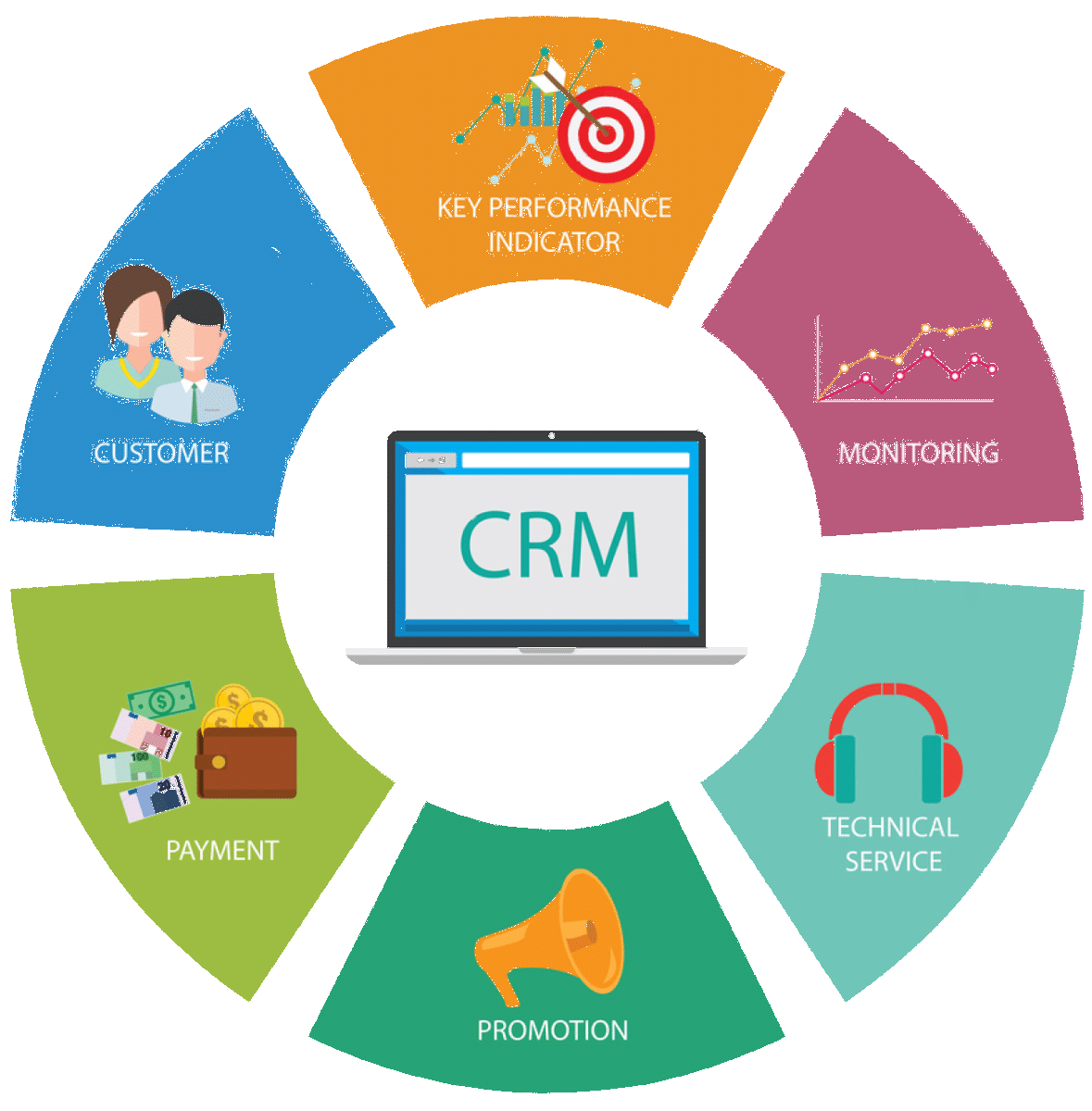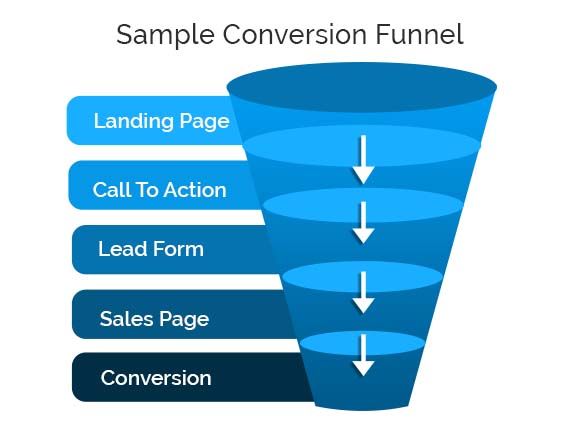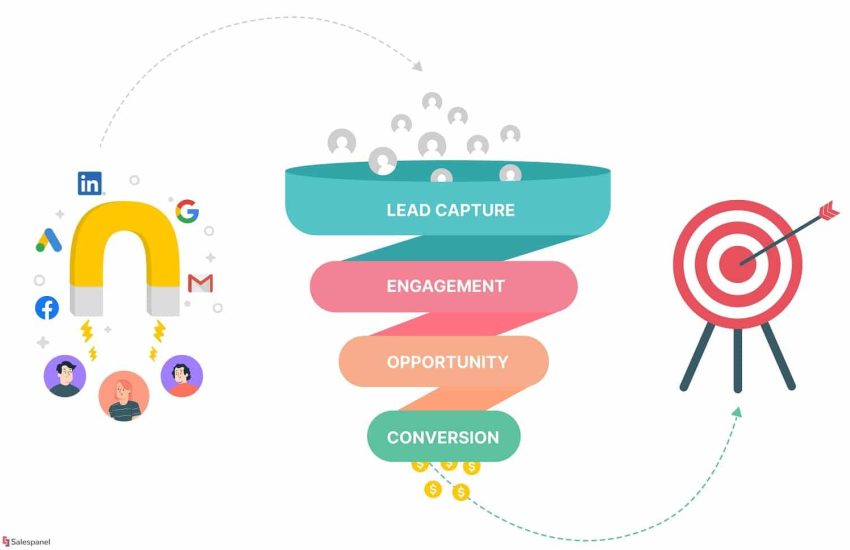Customer Relationship Management (CRM) Solutions
Customer Relationship Management (CRM) solutions have revolutionized the way businesses manage their customer interactions and experiences in today’s highly competitive market. By leveraging CRM tools and strategies, businesses can streamline their processes, enhance customer engagement, and drive business growth. This article delves into the significance of CRM solutions and explores how they can benefit businesses in improving customer relationships and achieving long-term success.
1. Understanding CRM Solutions:
Definition:
CRM solutions encompass a range of software platforms, tools, and strategies that enable businesses to effectively manage and nurture relationships with their customers. These solutions allow organizations to store customer data, track interactions, analyze data trends, and ultimately enhance customer satisfaction.
Features:
CRM solutions typically offer features such as:
Contact management: A centralized database to store and manage customer information.
Lead management: Tools to track and convert leads into paying customers.
Sales automation: Streamlining sales processes and improving efficiency.
Marketing automation: Automating marketing campaigns and analyzing customer behaviors.
Customer support: Managing customer inquiries, complaints, and support tickets.
Analytics and reporting: Extracting valuable insights from customer data to make informed decisions.
2. Benefits of CRM Solutions:
Improved Customer Engagement:
CRM solutions empower businesses to deliver personalized experiences that resonate with customers. By understanding customer preferences, purchase history, and communication preferences, businesses can tailor their interactions to suit individual needs. This personalized approach leads to stronger customer engagement and builds lasting relationships.
Streamlined Sales Processes:
CRM solutions streamline sales activities by automating tasks, thereby enhancing productivity and efficiency. From lead generation to deal closure, CRM tools provide insights and analytics to help sales teams prioritize and focus on high-value leads. By automating administrative tasks, sales representatives have more time to focus on building relationships and closing deals.
Enhanced Customer Service:
CRM solutions enable businesses to provide exceptional customer service by ensuring prompt responses, personalized experiences, and effective issue resolution. Agents have access to customer data, enabling them to understand their history and anticipate their needs. Consequently, businesses can delight customers by delivering seamless and efficient support.
Data-Driven Decision Making:
CRM solutions offer robust data analytics capabilities, enabling businesses to derive meaningful insights from customer data. By analyzing trends, businesses can identify customer preferences, buying patterns, and market trends. These insights allow decision-makers to make informed choices, develop targeted marketing strategies, and maximize profitability.
3. Implementation Challenges:
Integration:
Integrating CRM solutions with existing systems can be challenging. Seamless integration with other software applications, such as ERP systems and marketing automation tools, is crucial for optimizing data flow and ensuring a holistic view of customer interactions.
User Adoption:
Encouraging user adoption among employees is vital for successful CRM implementation. Proper training and communication are essential to educate employees on the benefits of CRM solutions and ensure their active involvement in utilizing the system effectively.
Data Security:
CRM systems store vast amounts of customer data, making data security a significant concern. Robust security measures, including encryption, access controls, and regular system audits, must be in place to protect sensitive customer information from unauthorized access or data breaches.
4. Selecting the Right CRM Solution:
Identify Your Business Needs:
Prior to selecting a CRM solution, assess your business requirements, and identify the specific goals you aim to achieve. Consider factors such as scalability, customization, and integration capabilities to ensure the CRM solution aligns with your long-term business strategies.
Research and Evaluate:
Research different CRM vendors and evaluate their offerings by considering factors such as pricing, customer reviews, and industry reputation. Request demos or trials to get hands-on experience with the CRM software and assess its usability and compatibility with your business processes.
Seek Professional Advice:
If necessary, consider seeking advice from CRM consultants or experts who can provide insights and guidance on selecting the most suitable CRM solution for your business. Their expertise can help you make an informed decision and avoid potential pitfalls.
Conclusion:
CRM solutions have become an indispensable asset for businesses striving to provide exceptional customer experiences and drive sustainable growth. By implementing the right CRM solution, businesses can improve customer engagement, streamline processes, enhance customer service, and make data-driven decisions. However, it is crucial to carefully choose and effectively implement a CRM solution tailored to the specific needs of the business to leverage its full potential and attain long-term success in today’s dynamic business landscape.


